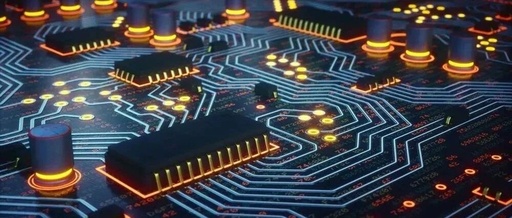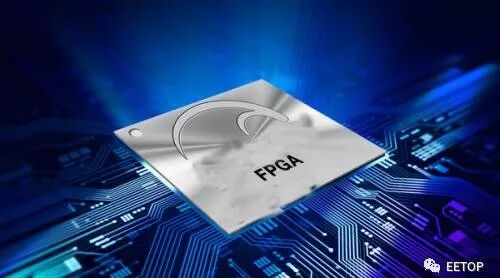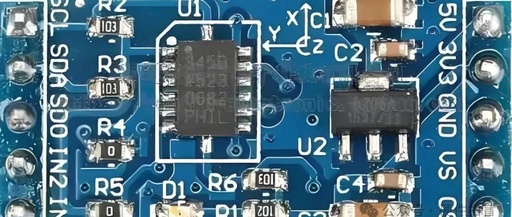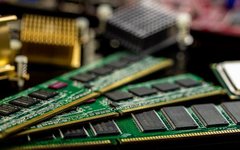Smart Trash Can Based on Arduino
Smart Trash Can Based on Arduino 2023 Issue 8, Group 1-2 Jing Yixiang, Liu Jiahao, Wang Jialai PART.01 Design Content In today’s urban life, waste management has become an increasingly urgent challenge. However, traditional trash cans have some obvious shortcomings in waste classification, prevention of cross-infection, user convenience, and hygiene. To address these issues, the … Read more








